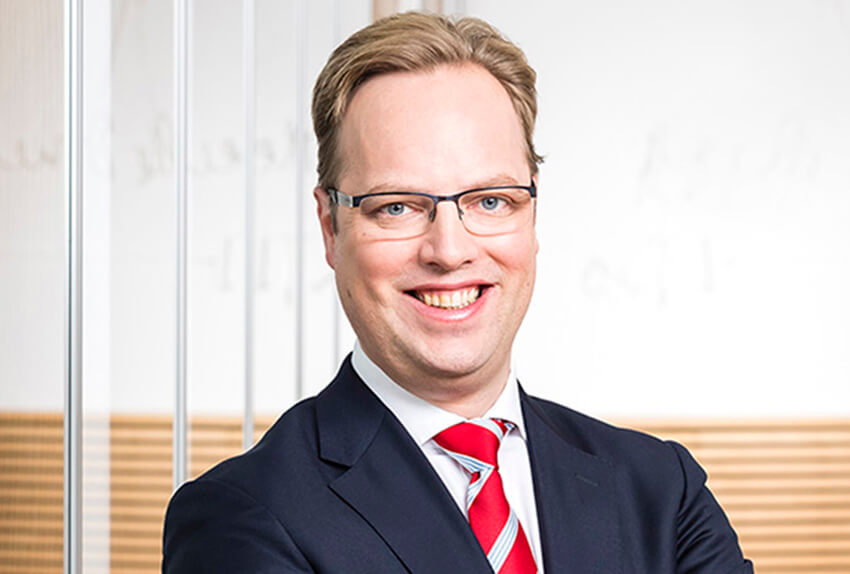Following on from “The Mining Industry: An essential part of a renewable future”, this article covers the latest developments in the German mining industry.
The broader context
As in other countries around the world before Covid-19 became the all-pervasive news topic, the development of the broader energy and infrastructure sector in Germany was dominated by three topics:
Energy transition – this is the so called “Energiewende”, i.e. the transition from conventional energy-based power production to power production based on renewable energy sources;
Climate Change – this includes counter measures such as “e-mobility”, “power-to-X” (also known as P2X, this covers various electricity conversion, energy storage, and reconversion pathways using surplus electric power, typically during periods where fluctuating renewable energy generation exceeds load) and reduction of energy consumption; and last but not least,
Digitisation – including topics such as smart homes and grids and the internet of things.







